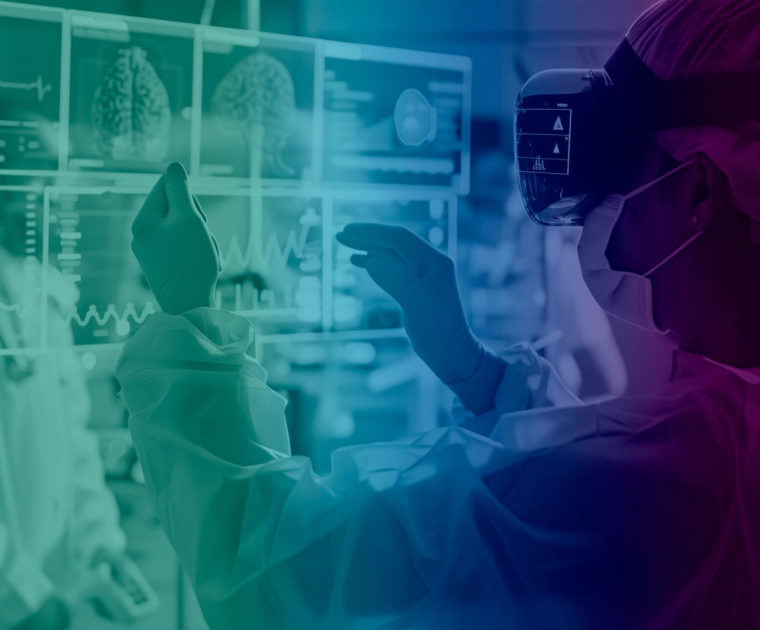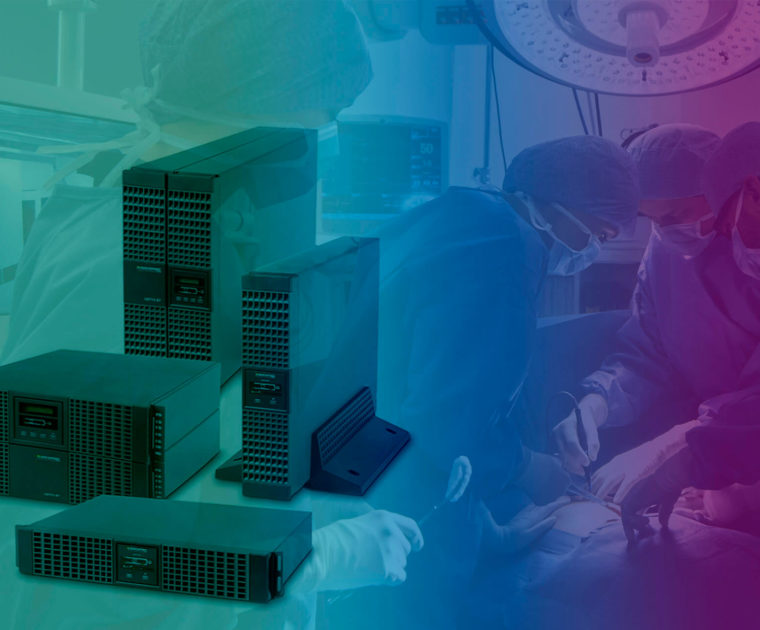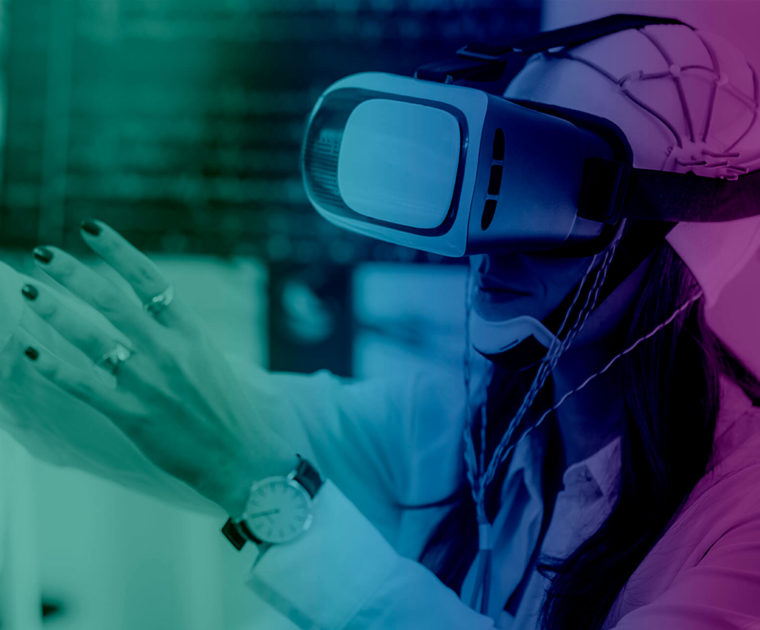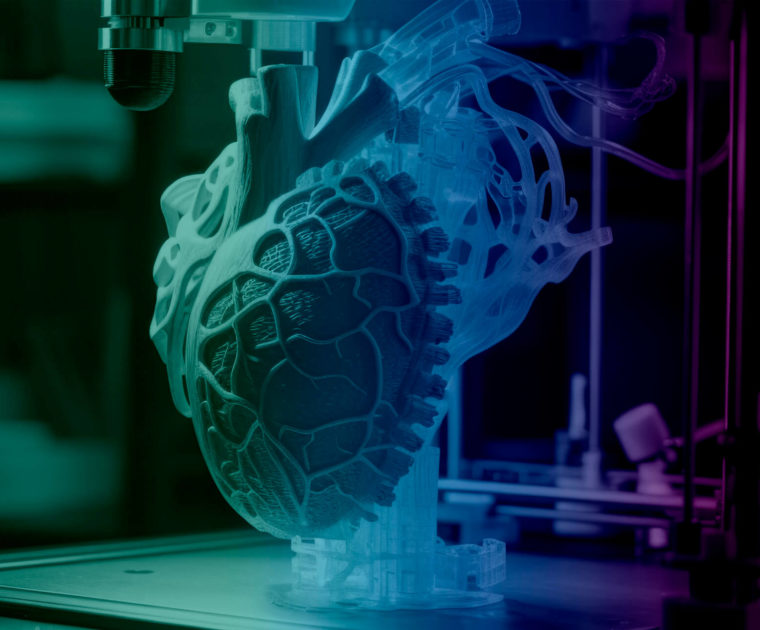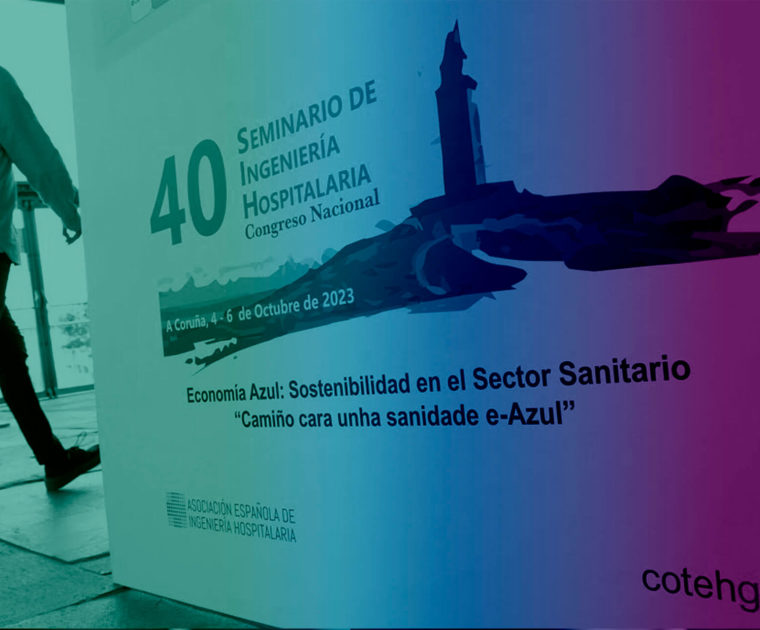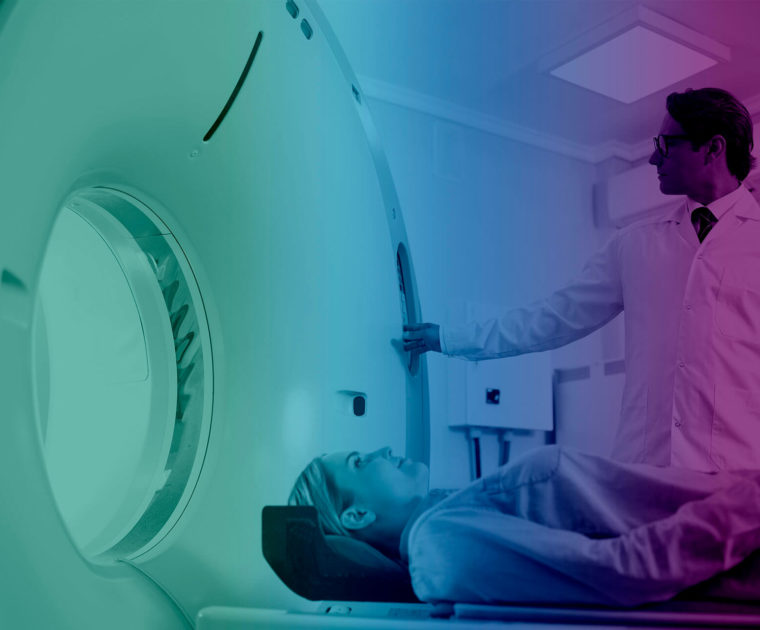In the modern era, data analytics in precision medicine has become a critical component in a wide range of fields.
This precision medicine, also known as personalized medicine, has benefited greatly from the analysis of large volumes of data to offer more effective and personalized treatments to patients.
Undoubtedly, this relationship between data analysis and precision medicine is crucial to understand and address various diseases more accurately and efficiently, as well as improve the functioning of all medical systems and equipment in a hospital.


